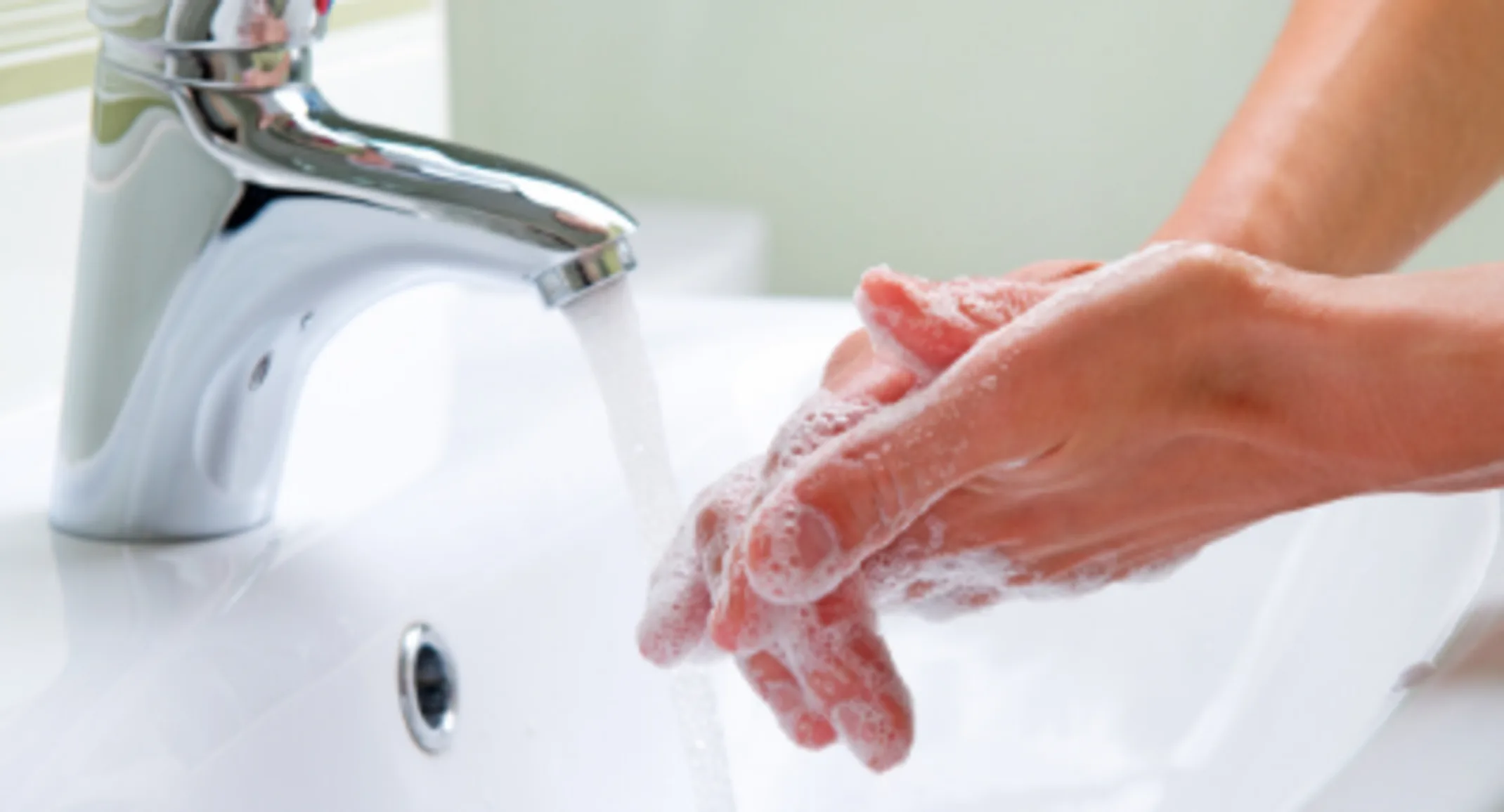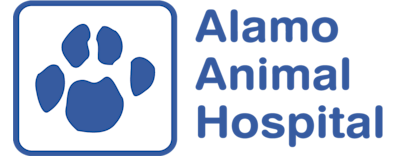Coronavirus (COVID-19) and Your Pet
Coronavirus

The number of cases continues to rise globally, with 132,758 confirmed cases of March 13, 2020.
While much is unclear about the source, transmission, behavior, and incubation times for the virus, ways to help protect yourself―and your pets―is clear.
By following typical “flu-season” precautions and using common sense, you can reduce the risk of contracting (or spreading) the virus:
avoid close contact with people who are sick
stay at home when you are sick
frequently and thoroughly wash your hands with soap and water (especially during cold and flu season)
use hand sanitizer (containing greater than 60% alcohol) if hand washing isn’t possible
cover your mouth/nose when you cough or sneeze
clean frequently touched surfaces in your home and workplace
Pet owners too, have questions about the risk of their pets contracting or spreading the virus. While coronaviruses can infect animals, currently there is no evidence that pets or other domestic animals can be infected with this new virus. Further, there is no evidence that pets could be a source of infection to people.
Because viruses evolve quickly, it is important to stay informed of any changes that may develop with the transmission or spread of the virus in domestic animal populations.
If you are under quarantine for COVID-19, there are important steps to take – and remember to treat the animals in your home just like people. If someone in your home is infected, the same quarantine that applies to people applies to pets.
restrict activities outside your home (do not go to work or school, or visit public areas)
only go out to receive medical care (and call ahead to receive instructions)
do not use public transit, taxis, or ride-sharing forms of transportation
use a separate washroom in your home (if possible)
stay in a separate room, away from other people in your home
restrict contact with all animals, including pets (treat them as you would other people in your home by avoiding contact with them)
when possible, have other people in your home care for your pets
avoid all contact with your pet if you are sick with COVID-19 (including petting, snuggling, sharing your bed, sharing food, and being kissed/licked)
if you
must
care for your pet, wear gloves and a mask, and wash your hands before and after
if you’re sick with the COVID-19 and have had contact with your pet, don’t allow your pet to wander outside
To stay informed on the latest information and advice, check the CDC website and the WHO website.
LifeLearn News
Note: This article, written by LifeLearn Animal Health (LifeLearn Inc.) is licensed to this practice for the personal use of our clients. Any copying, printing or further distribution is prohibited without the express written permission of Lifelearn. Please note that the news information presented here is NOT a substitute for a proper consultation and/or clinical examination of your pet by a veterinarian.
